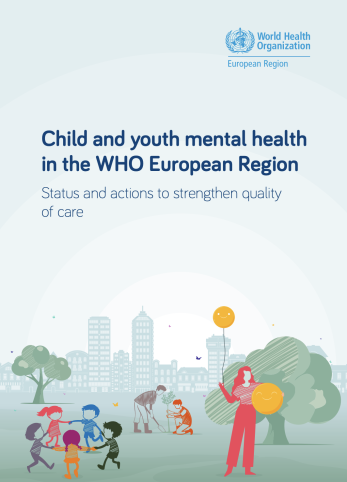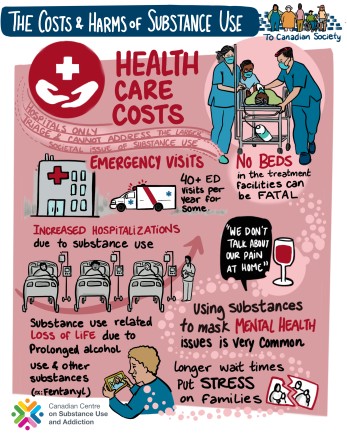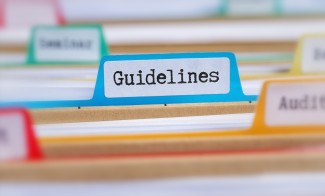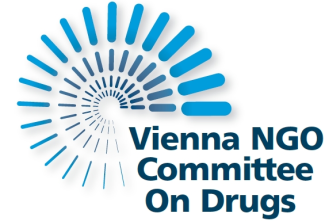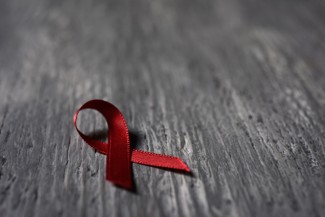
Search
£421 million to boost drug and alcohol treatment across England
It has been announced that local authorities across England will benefit from an extra £421 million government funding through to 2025 to improve drug and alcohol addiction treatment and recovery.
The extra funding will enable the creation...
Nationally representative surveys on cannabis use lack product details relevant to public health
Abstract
Objectives
Many annual, nationally representative US surveys that assess cannabis use do not collect information on product characteristics despite varying health risks and benefits. Capitalizing on a rich dataset of primarily...
Why do guidelines on what is low-risk drinking vary between countries so much?
The evidence of the harms done by alcohol consumption continues to build. However, despite the clear data, safe drinking guidelines vary between countries.
This article, published in the Guardian, explores the different factors that are...
New Psychoactive Substances – Designer Benzodiazepines
Join the VNGOC/ NYNGOC Ad-Hoc Working Group for NGOs in Latin America
Test of Impulsivity in Adolescence
BACKGROUND: Adolescence is one of the most important stages in a human life. This period is full of different stimuli and types of influence – from parents, peers, and society. It is related to greater susceptibility to problematic...
Online Instructor-Led Pilot Course on Monitoring and Evaluation of Substance Use Prevention Interventions and Policies: Experiences and Perceptions of International Participants
INTRODUCTION: As the prevalence of substance use continues to rise all over the world amidst the ongoing pandemic, substance use prevention professionals are challenged to find alternative ways to enhance their knowledge and competence to...
Nature and Course of Clinician and Self-Rated Depressive Features in Persons with Alcohol Use Disorders: A Preliminary Prospective Study among Men Seeking Treatment
INTRODUCTION: The trajectory and nature of depression in patients with alcohol use disorder as they enter treatment needs to be understood better. This study assessed the nature and course of depressive features among male patients with...
Risk Behaviour of Adolescents Aged 10–15 in Slovakia. Relation to Sex, Age, and Body Mass Index
BACKGROUND: As a theoretical base we used Jessor’s concept of the Syndrome of Risk Behaviour in Adolescence, the self-concept, and the concept of body image.
AIM: The main aim of the contribution was research on the relations between the...
No Good Time Without Drugs: Qualitative Study Among Nightlife Attendees in Tbilisi, Georgia
INTRODUCTION: Individuals who visit nightclubs and electronic dance music (EDM) festivals tend to use psychoactive substances, often multiple substances, in this setting and are at risk of serious negative health effects. This paper aims to...
Epidemiological Study of Suicidal Ideation and Suicidal Behaviour Among Patients with Substance Use Disorders in a Rehabilitation and Treatment Centre for Addiction in Dubai
Psychological factors and the use of psychoactive substances in relation to sexual orientation: A study on Israeli young adults.
In the context of sexual minorities and the distress they may experience, recent years have witnessed a trend emphasizing the idea that protective factors may curb risk behaviors, while stressing that not all sexual minorities do experience...
Gender, employment, and continuous pandemic as predictors of alcohol and drug consumption during the COVID-19.
Aims
This study aims to assess the impacts of the continuous pandemic state, gender and employment status on changes in substance use during the COVID-19 outbreak.
Methods
A sample of 828 Israelis participated in an online survey and...
Substances use between early and later stages of the COVID 19 pandemic in Israel
Aims
Only several empirical studies have examined substance use during the COVID-19 pandemic in general populations. Most of these studies compared self-reported substances use before the pandemic and during the pandemic's early stages...
Recovery 101
Recovery from a substance use disorder is defined as a process of improved physical, psychological, and social well-being and health after having suffered from a substance-related condition.
The recovery research institute has put together...
Resilience in Leadership: Key Behaviors for Self-Care and Caring for Others
The risk matrix: Drug-related deaths in prisons in England and Wales, 2015–2020
Call for Speakers: side event at the 2023 ECOSOC Partnership Forum
The VNGOC together with NYNGOC and the UNODC Civil Society Unit is organizing an online side event in the margins of the 2023 ECOSOC Partnership Forum on 31 January 2023 at 8.30 AM. The event is titled: The central role of civil society in...
Drug use and associated factors in a North Eastern region of Tanzania: a cross-sectional study
The article ‘Drug use and associated factors in a North Eastern region of Tanzania: a cross-sectional study’ published in the PanAfrican Medical Journal’ on 11/10/2022 by a number of authors coordinated by Dr Harrieth Peter and Castory...
HIV and Substance Use: Reading List
World AIDS Day takes place in December each year. This reading list contains a list of research, publications and resources for practitioners relating to HIV/Aids. We also have a network dedicated to HIV and HCV where you can find a...
Share the Knowledge: ISSUP members can post in the Knowledge Share – Sign in or become a member
